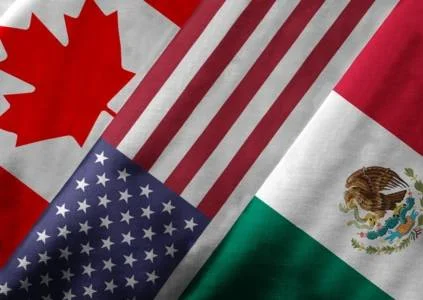Trade agreements can serve two important purposes: to directly eliminate tariffs, and to reduce non-tariff barriers to trade through greater regulatory cooperation between trading partners.
Regulatory cooperation seeks to reduce non-tariff barriers and make regulatory systems more efficient while continuing to maintain high levels of protection for human health and safety and the environment. Well-constructed trade agreements provide an ideal platform to prevent and reduce non-tariff barriers to trade through greater regulatory cooperation.
To help ensure unnecessary trade barriers don’t stand in the way of recovery and growth, ACC is urging the Biden Administration to:
- Fully implement all provisions of the United-States-Mexico Canada Agreement (USMCA), paying particular attention to the provisions on regulatory cooperation for chemical substances, technical barriers to trade, good regulatory practices, the Rules of Origin (ROO) for chemical substances, trade facilitation, digital trade, and marine litter provisions;
- Continuously identify improvements to USMCA in advance of its six-year review in 2026
- Ensure trade negotiations achieve greater regulatory cooperation between the United States and priority trading partners (e.g., United Kingdom, European Union, Brazil, India, China, and Republic of Korea) and emerging markets (e.g., Argentina, Colombia, Philippines, Thailand, and Vietnam);
- Ensure U.S. trading partners abide by their transparency commitments in FTAs and at the WTO;
- Reinforce Asia-Pacific Economic Cooperation (APEC) work on regulatory cooperation and good regulatory practices (within the Chemical Dialogue and across APEC fora); and
- Support effective dispute settlement in trade agreements, including through investor-state dispute settlement provisions.




